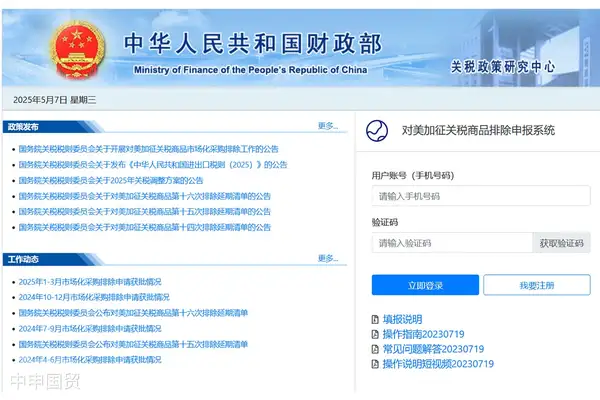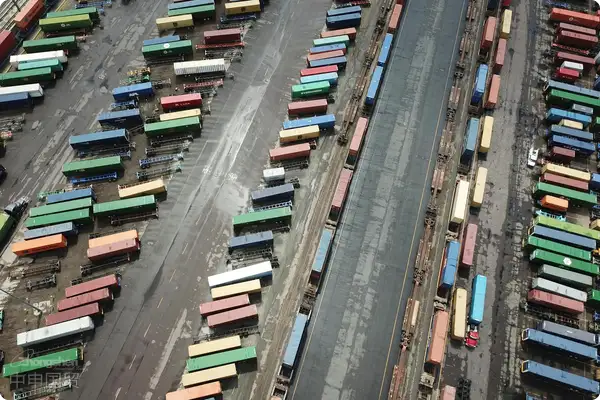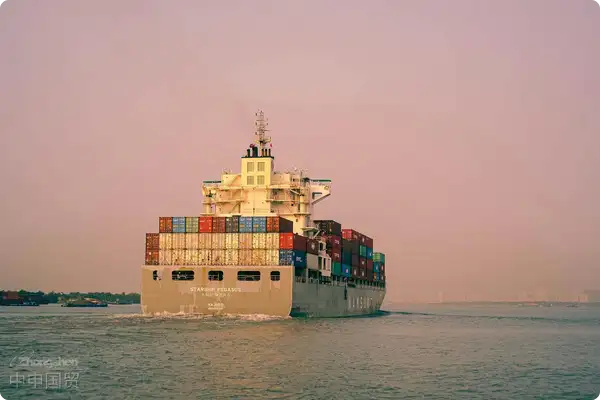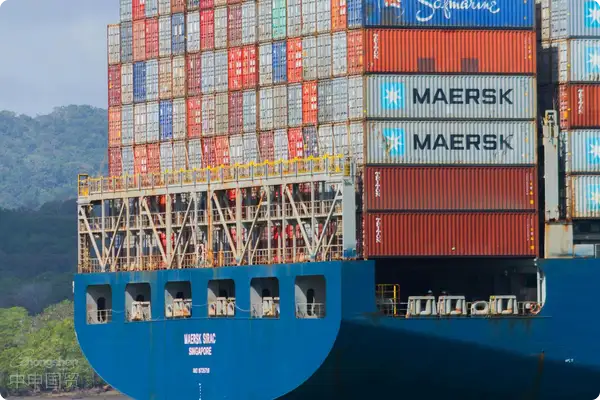- Shanghai Zhongshen International Trade Co., Ltd. - Two decades of trade agency expertise.
- Service Hotline: 139 1787 2118
Recently, Indiasforeign tradeDirectorate General of Foreign Trade (DGFT) issued Notification No. 13/2024-25, amending the 2023 Foreign Trade Policy and ITC HS 2022 Schedule 1 import regulations for electronics and IT products. This revision has drawn widespread attention, particularly for international electronics and IT manufacturers and suppliers reliant on the Indian market, as it carries significant implications. This article provides a detailed interpretation of the new rules and their potential impact.
Key Content of the New Regulations
According to the latest notification, all imported electronics and IT products, whether new or used, must be registered with the Bureau of Indian Standards (BIS) and comply with BIS labeling requirements before import. Specifically, the new regulations include the following aspects:
- BIS registration requirements: All imported electronics and IT products must be registered with the Bureau of Indian Standards (BIS). This requirement applies to both new and used products.
- BIS labeling requirements: Before import, products must comply with BIS labeling requirements. Labels must include detailed product information to ensure consumers clearly understand the products specifications and standards.
- Updated to the 2021 BIS Compulsory Registration Scheme: This revision updates the compulsory registration scheme from the 2012 version to the 2021 version. The new version is stricter and covers more product categories and technical standards.
Background and Purpose of the New Regulations
The Indian governments revision of import regulations for electronics and IT products primarily aims to:
- Enhance Product Quality: By mandating BIS registration and labeling requirements, the government ensures imported products meet Indias quality and safety standards, thereby protecting consumer rights.
- Promoting Local Manufacturing: Strict import regulations also help advance the Make in India strategy, encouraging more international companies to establish production bases in India and reduce reliance on imported products.
- Regulating Market Order: By updating the compulsory registration scheme, the market order is further standardized, combating counterfeit and substandard products and maintaining a fair competitive market environment.
Impact on International Trade
The implementation of this new regulation will have a profound impact on international electronics and IT product manufacturers and suppliers. Here are several key aspects:
- Increased Compliance Costs: International companies need to register their products with the Bureau of Indian Standards (BIS) and ensure compliance with BIS labeling requirements. This will increase compliance costs, including registration fees, label design, and printing costs.
- Extended Import Cycle: Due to the need for BIS registration and label review, the import cycle for products may be prolonged. This poses a significant challenge for companies relying on rapid market response.
- Higher Market Entry Barriers: The implementation of the new regulations will raise market entry barriers, particularly for small and medium-sized enterprises (SMEs), which may face greater pressure. These companies may require more resources and time to adapt to the new rules.
- Boosting Local Production: Strict import regulations will incentivize more international companies to set up production bases in India to better meet local market demands. This will also help elevate the overall level of Indias domestic manufacturing industry.
Response Strategies and Suggestions
In response to this new regulation, international electronics and IT product manufacturers and suppliers need to adopt proactive strategies to ensure sustainable business development. Here are some recommendations:
- Complete BIS registration as early as possible: Companies should initiate BIS registration as early as possible to ensure smooth market entry. Partnering with local compliance consulting firms can expedite the registration process.
- Optimize Supply Chain Management: Given the potential extension of the import cycle, companies need to optimize supply chain management to ensure timely product delivery. Increasing inventory or adjusting production schedules can help mitigate potential delays.
- Strengthening Local Partnerships: Companies can consider establishing partnerships with local Indian manufacturers and suppliers to better adapt to market demands. This not only reduces compliance costs but also enhances product competitiveness.
- Pay attention to policy dynamics: Companies must closely monitor policy updates from the Indian government and promptly adapt to new regulations. Joining industry associations or maintaining communication with local authorities can provide the latest information and support.
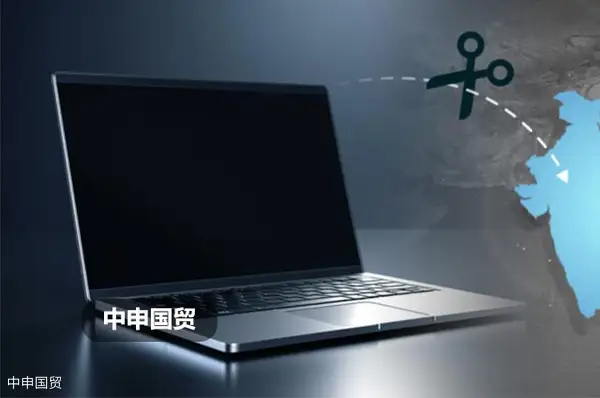
Related Recommendations
? 2025. All Rights Reserved. Shanghai ICP No. 2023007705-2  PSB Record: Shanghai No.31011502009912
PSB Record: Shanghai No.31011502009912
